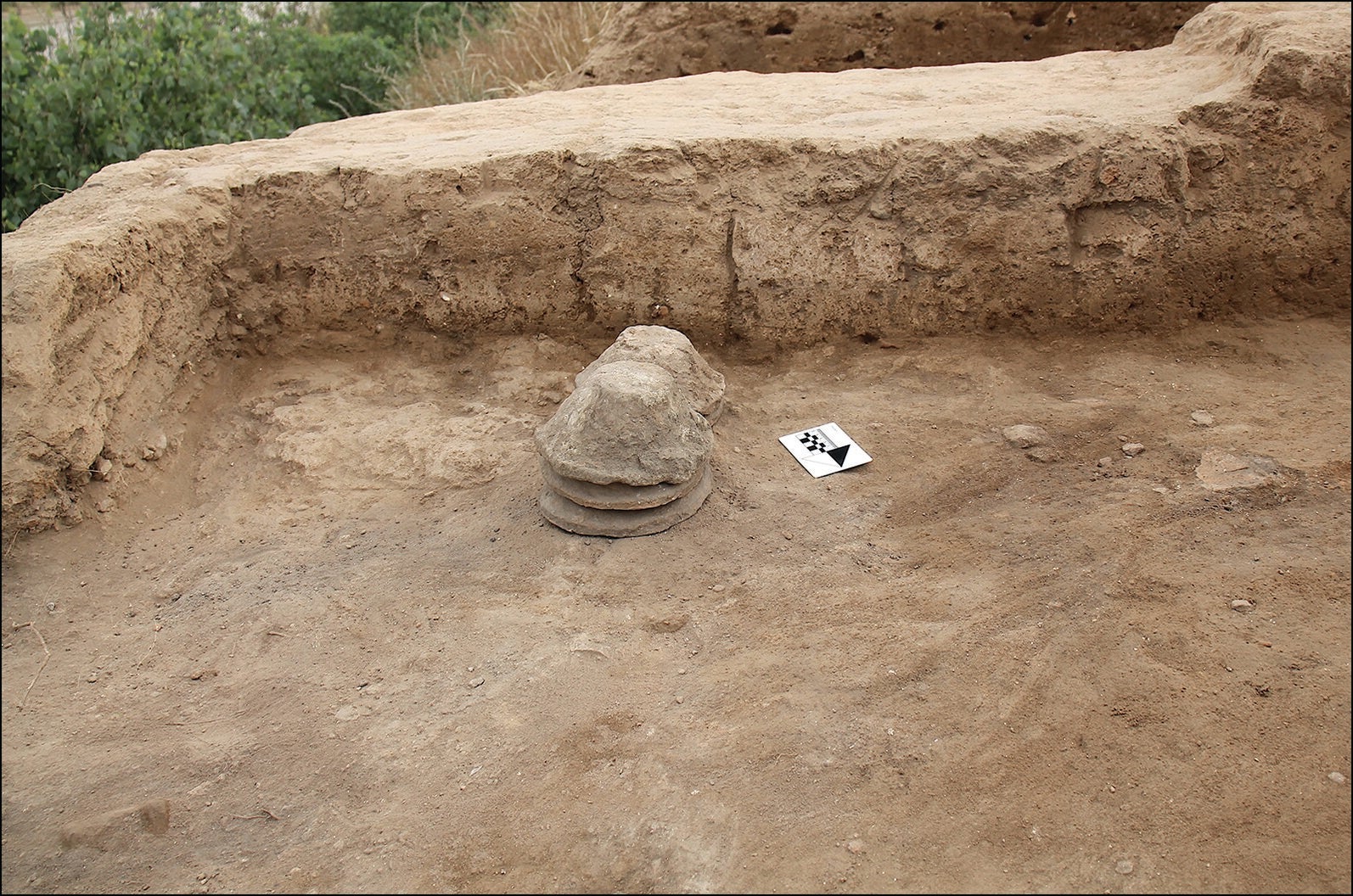Strange 5,000-year-old clay bowls linked to rise and fall of one of world’s earliest governments
Bowls likely used to provide communal meals millennia ago
Your support helps us to tell the story
From reproductive rights to climate change to Big Tech, The Independent is on the ground when the story is developing. Whether it's investigating the financials of Elon Musk's pro-Trump PAC or producing our latest documentary, 'The A Word', which shines a light on the American women fighting for reproductive rights, we know how important it is to parse out the facts from the messaging.
At such a critical moment in US history, we need reporters on the ground. Your donation allows us to keep sending journalists to speak to both sides of the story.
The Independent is trusted by Americans across the entire political spectrum. And unlike many other quality news outlets, we choose not to lock Americans out of our reporting and analysis with paywalls. We believe quality journalism should be available to everyone, paid for by those who can afford it.
Your support makes all the difference.Dozens of strange clay bowls unearthed at an archeological site dating to the 4th millennium BC in Kurdistan have offered clues to the origin and collapse of the world’s earliest government, according to a new study.
Researchers have been carrying out excavations at Shakhi Kora in Iraqi Kurdistan since 2019, uncovering a sequence of structures spanning several centuries.
The artefacts unearthed at the site suggest it was associated with one of the world’s first cities, Uruk, now located in southern Iraq.
At Uruk sites, archaeologists previously found a large-scale monumental precinct dating to the later 4th millennium BC as well as thousands of clay tablets containing some of the earliest written texts.

Now, researchers have found over a dozen simple and roughly made bowls within ancient institutional structures at Shakhi Kora, similar to those uncovered at Uruk and other contemporary sites.
These bowls, according to the new study, published in the journal Antiquity on Wednesday, were used to provide large-scale communal meals millennia ago likely for workers connected to these institutional buildings.
Animal bones and other residues collected and analysed from these bowls suggest the meals may have been hearty meat stews.
Deposits found in other areas suggest parts of the site may have also served a ritual function, archaeologists said.
These findings, according to researchers, suggest the earliest governing institutions emerged partly due to their ability to provide large-scale meals, potentially as payment for labour.

Scientists also found evidence of the later abandonment of these governing structures “without signs of violent overthrow or environmental stress”, hinting that the people rejected such a centralised governing with top-down control.
“Our excavations at Shakhi Kora provide a unique, new regional window into the development, and ultimately the rejection, of some of the earliest experiments with centralized, and perhaps state-like, organization,” study co-author Claudia Glatz from the University of Glasgow said.
“This reaffirms that top-down, hierarchical forms of government were not inevitable in the development of early complex societies.”
The research also indicates that the rise of powerful, hierarchical governments did not always happen unopposed in early complex societies.
“Local communities found ways to resist and reject tendencies towards centralized power,” Dr Glatz explained.

Join our commenting forum
Join thought-provoking conversations, follow other Independent readers and see their replies
Comments